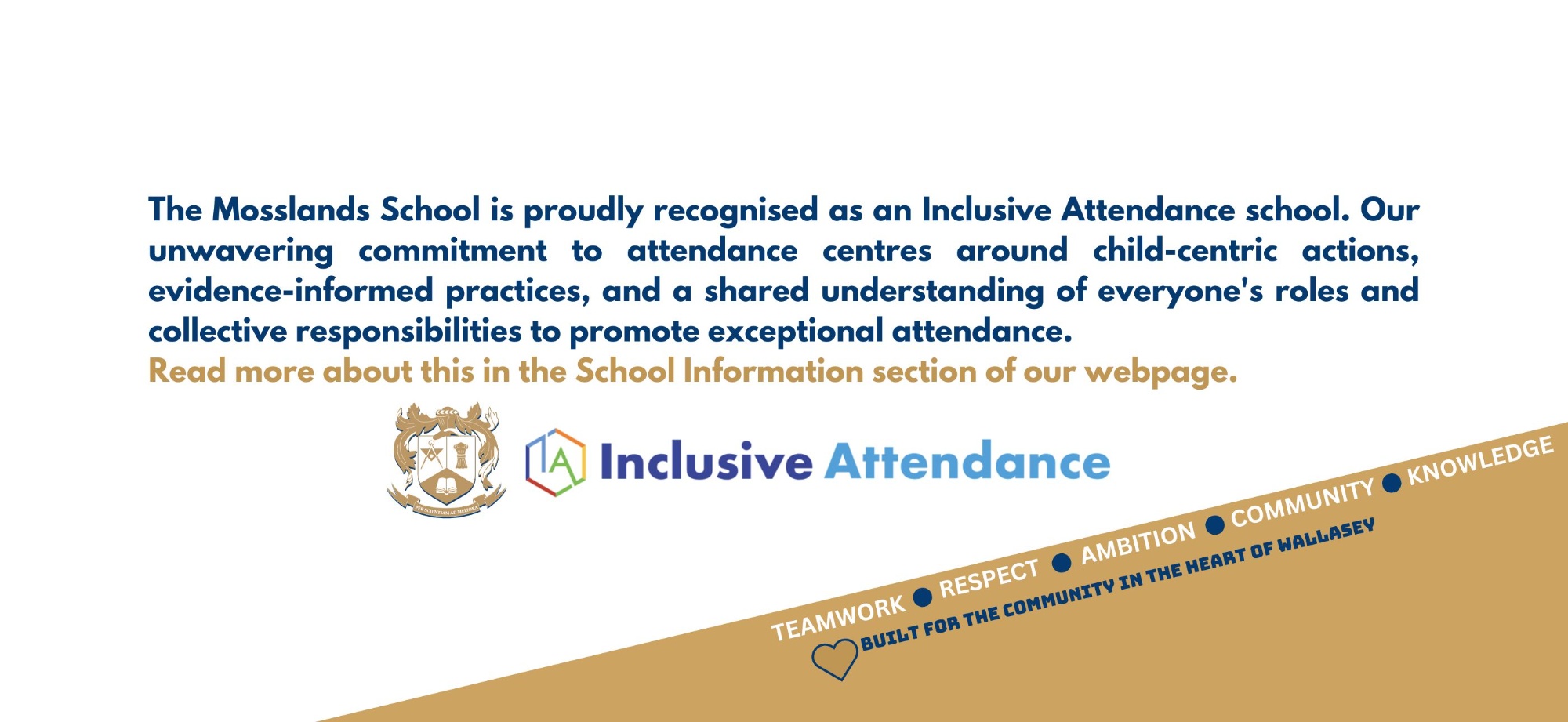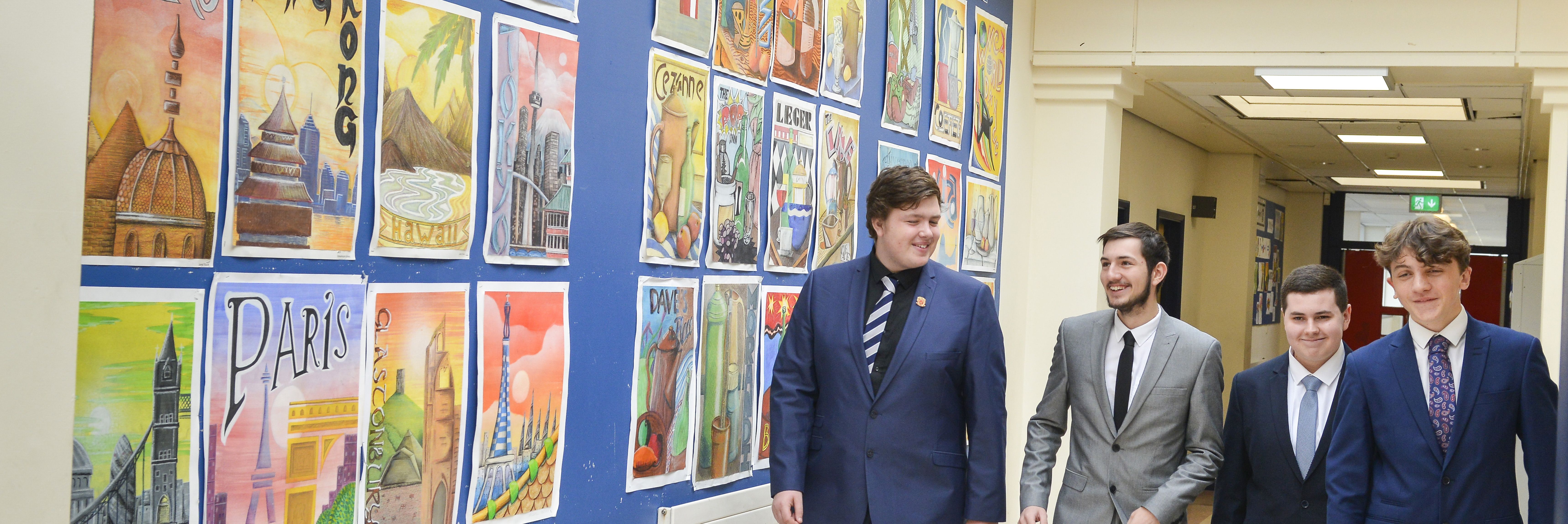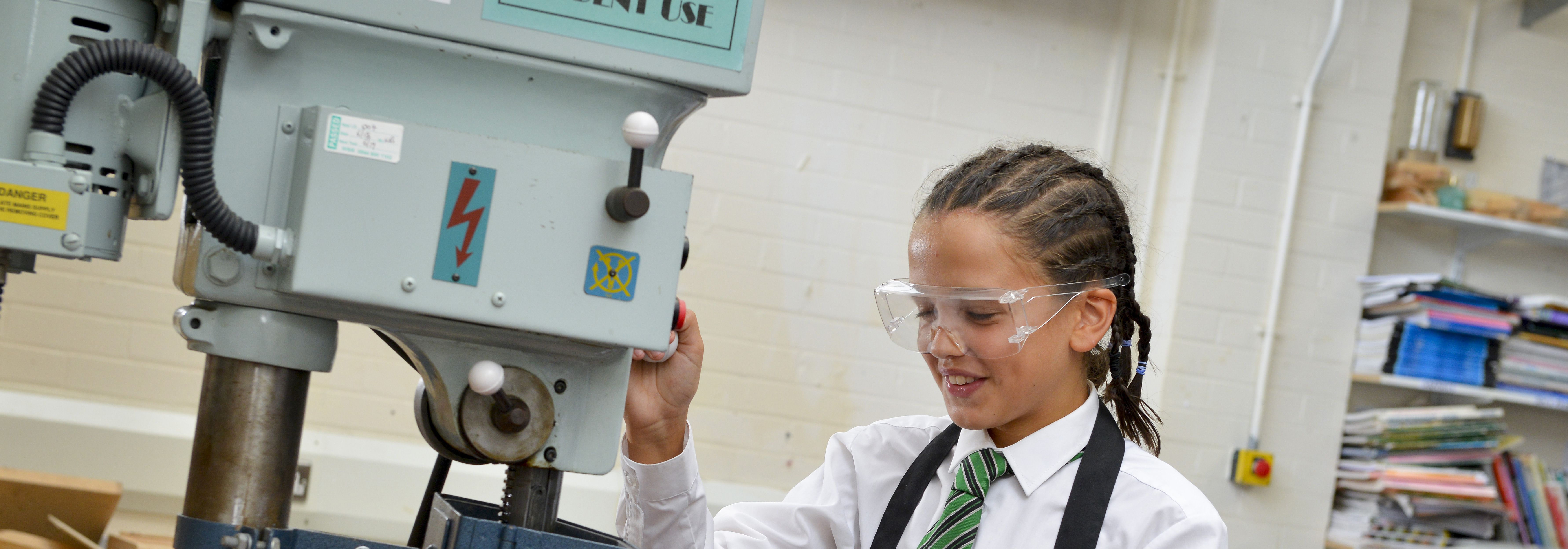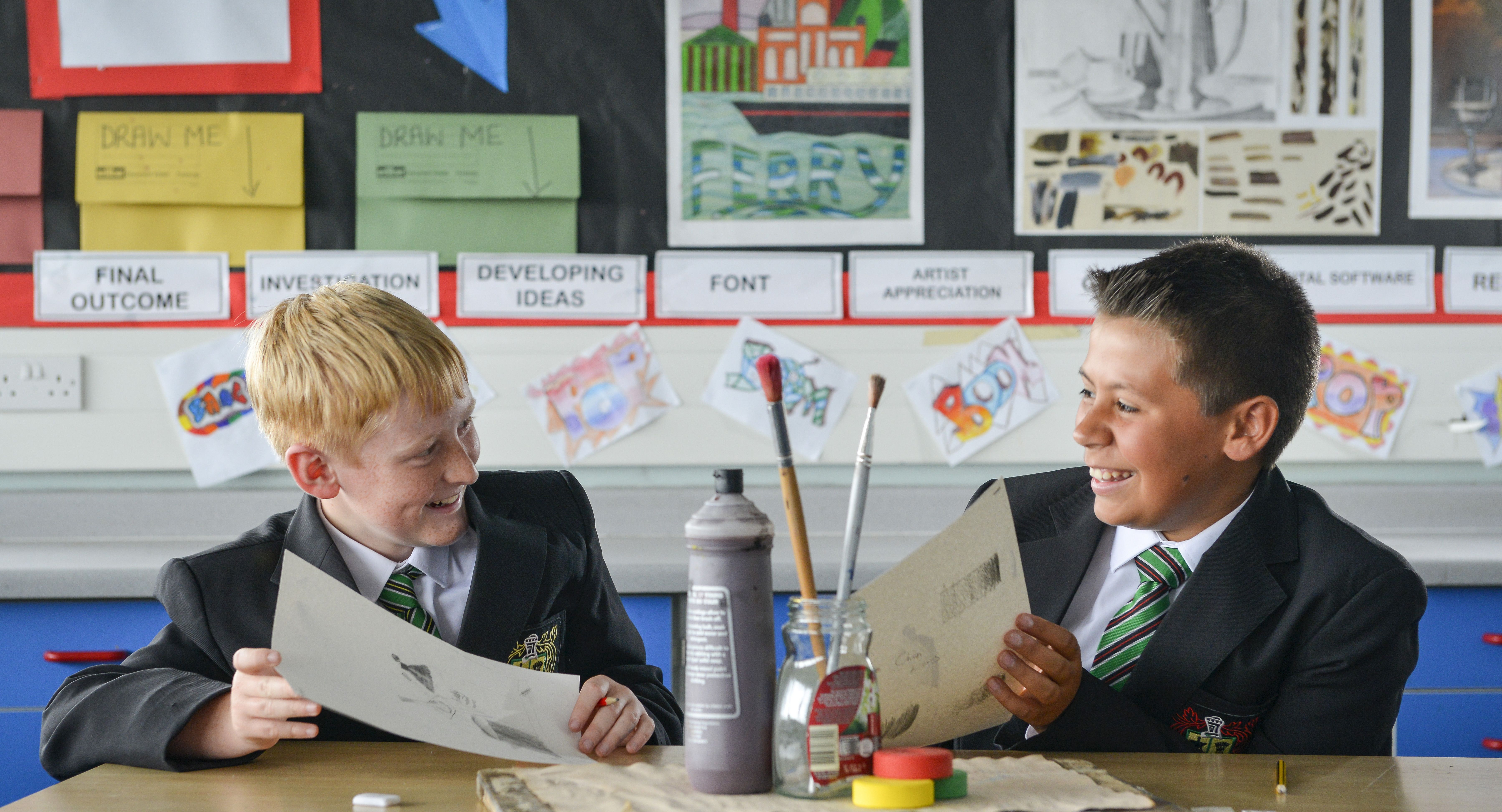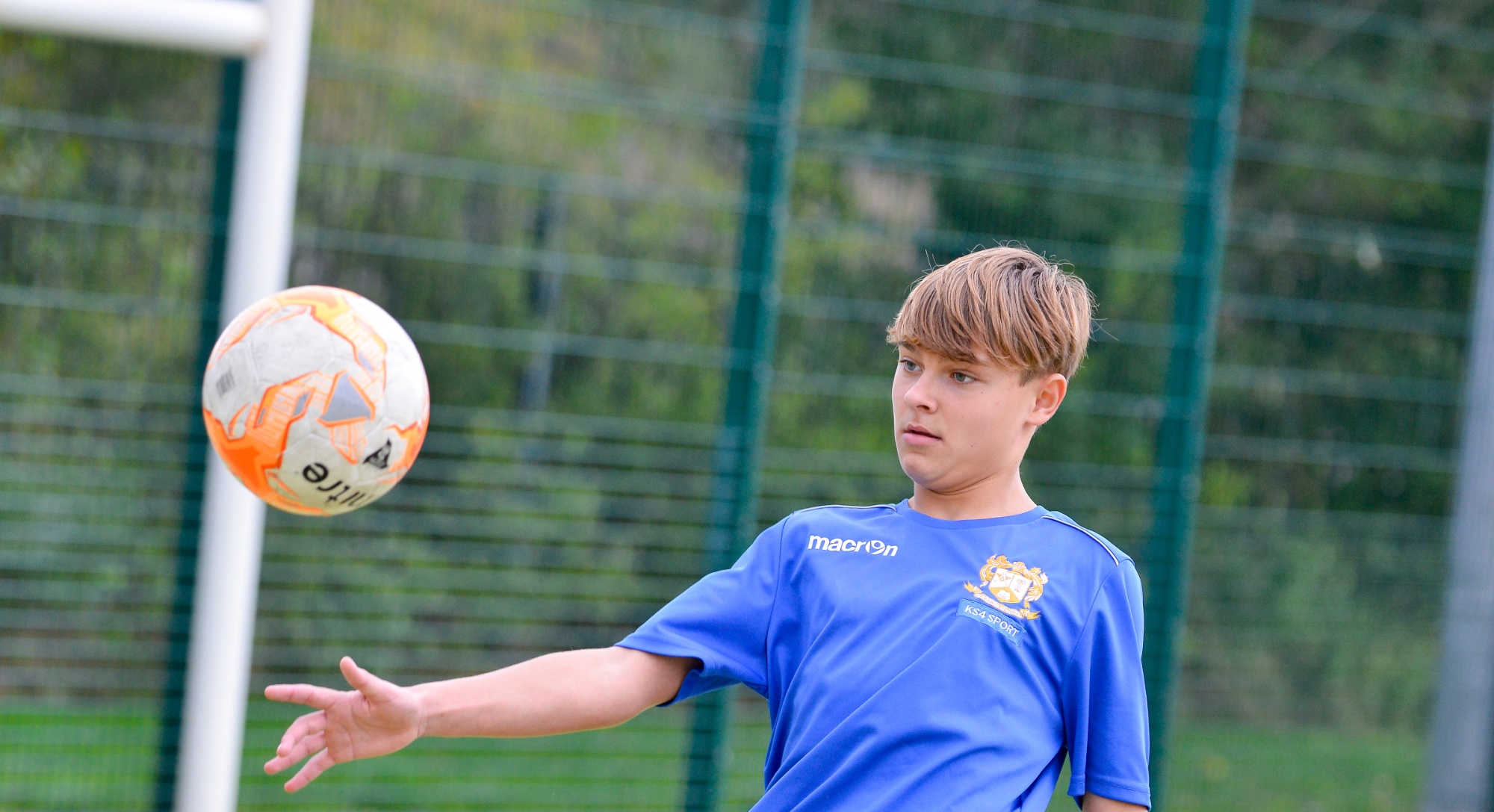|
Vocabulary
Festivals & Celebrations: Noël, mon anniversaire, Pâques, l’Aïd, le Nouvel An, la fête de la musique, carnaval
Opinions & Reasons: j’adore, j’aime (beaucoup), je préfère, je n’aime pas (tellement), parce que c’est (trop)…
Activities: danser, chanter, manger, choisir des cadeaux, rendre visite à…
Market & Food: un melon, du fromage, du jambon, de la salade
Quantities: 200 grammes de…, un kilo de…, un morceau de…
Transactional Phrases: Vous désirez? Je voudrais…, s’il vous plaît. Et avec ça?
Describing Photos: Il y a…, ils/elles, dansent, portent des vêtements…
Future Plans: Je vais…, On va…, visiter, acheter, goûter, manger, passer
Time Phrases: Le 3 décembre, demain, l’année prochaine, en ce moment
New Year’s Resolutions: Je finis…, je n’aide pas…, je vais être…, je vais faire…
Grammar
• Present tense of –er, –ir, –re verbs
• Perfect tense (J’ai + past participle, Je suis allé(e))
• Irregular past participles: vu, pris, fait, bu
• Negatives in perfect tense: Je n’ai pas…
• de after quantities
• Partitive article: du, de la, des
• Near future tense: aller + infinitive
• Questions in near future tense: Où est-ce que…? Quand…?
• Using present and near future tenses together
Phonics
• Silent final consonants: marrant, tout, cadeaux, elles marchent
• -ent ending silent: elles dansent
• eu, œu, eau sounds: euros, œufs, morceau
• Closed o: kilo
• Soft c: morceau
• Nasal sounds: em, en, an, on, in, ain (décembre, maison)
• s-liaison: je vais aller
|
Listening
Understand and pick out key words or opinions about festivals and food.
Understand when people talk about celebrations and what they eat.
Recognise quantities, partitive articles, and opinions.
Transcribe words or short sentences with increasing accuracy.
Identify key points and details about food and festivals.
Speaking
Say what you like and don’t like about festivals and food.
Give your opinion about food and traditions.
Use vouloir to ask for things politely.
Ask and answer simple questions about food and festivals.
Reading
Read short texts about festivals, food and markets.
Pick out important information from reading passages.
Translate short sentences about food and celebrations from French into English.
Recognise and infer meaning from context and cognates.
Writing
Write sentences about festivals and what you like to eat.
Give opinions with reasons using parce que / car.
Translate simple sentences about festivals and food from English into French.
Use vouloir and the near future tense.
and c’était / ce n’était pas with adjectives.
Cultural Capital
• Key French-speaking world festivals:
• Popular market food items in France
• Regional dishes: salade niçoise, pain d’épices, choucroute
• Christmas markets in Alsace
• La fête des Rois (Epiphany and galette des Rois tradition)
• Famous French regions (Alsace, Guadeloupe, Nice)
|




